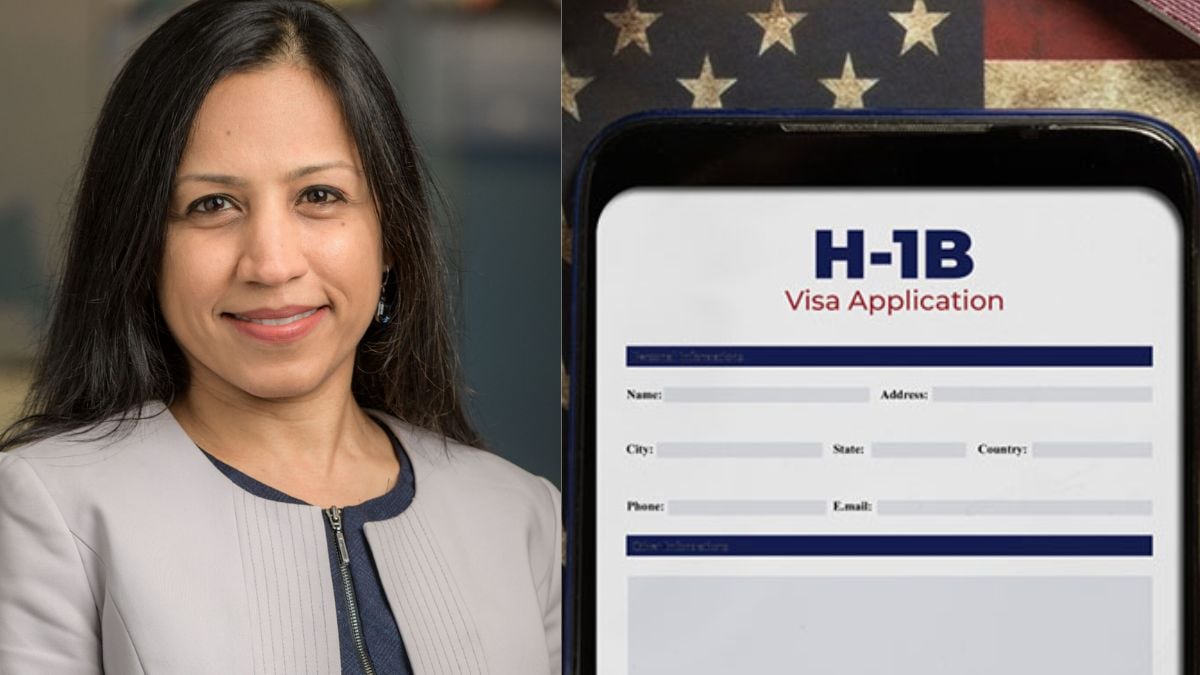New $100,000 H-1B Visa Fee Raises Alarms for US Healthcare and Tech Talent
The new $100,000 H-1B fee poses a significant financial barrier for US employers, particularly in critical sectors like healthcare and technology, threatening talent acquisition and potentially driving operations overseas.
Subscribe to our newsletter and stay informed about latest H1B news, policy updates and and other developments.
Article Summary
A recent proclamation mandates a $100,000 fee for each H-1B visa petition, sparking concerns among healthcare leaders and immigration experts about its impact on recruiting skilled international doctors and specialists. While exemptions exist for extensions, this non-refundable fee applies to new petitions, potentially leading to declining healthcare quality in underserved areas and prompting some companies to consider relocating operations abroad.
Original Article: financialexpress.com
[ Sentiment: negative | Tone: factual ]
This summary and analysis were generated by TheNewsPublisher's editorial AI. This content is for informational purposes only; it does not constitute legal or immigration advice.
[ Sentiment: negative | Tone: factual ]
This summary and analysis were generated by TheNewsPublisher's editorial AI. This content is for informational purposes only; it does not constitute legal or immigration advice.
TNP AI: Key Insights
This exorbitant new H-1B fee represents a drastic increase in the cost of hiring foreign talent, moving beyond standard application fees to a prohibitive financial burden. For employers, especially those in critical sectors like healthcare, this directly impacts workforce planning and their ability to address shortages in specialized fields like pediatrics and rural medicine, potentially forcing them to choose between essential services and financial viability.
Historically, H-1B petition fees have been in the range of a few thousand dollars, making this $100,000 fee an unprecedented barrier. This shift could significantly disadvantage the US in the global competition for skilled talent, potentially pushing highly qualified professionals and even companies towards countries like Canada, the UK, or Australia, which actively streamline skilled immigration pathways and offer more predictable, lower-cost routes to permanent residency.





